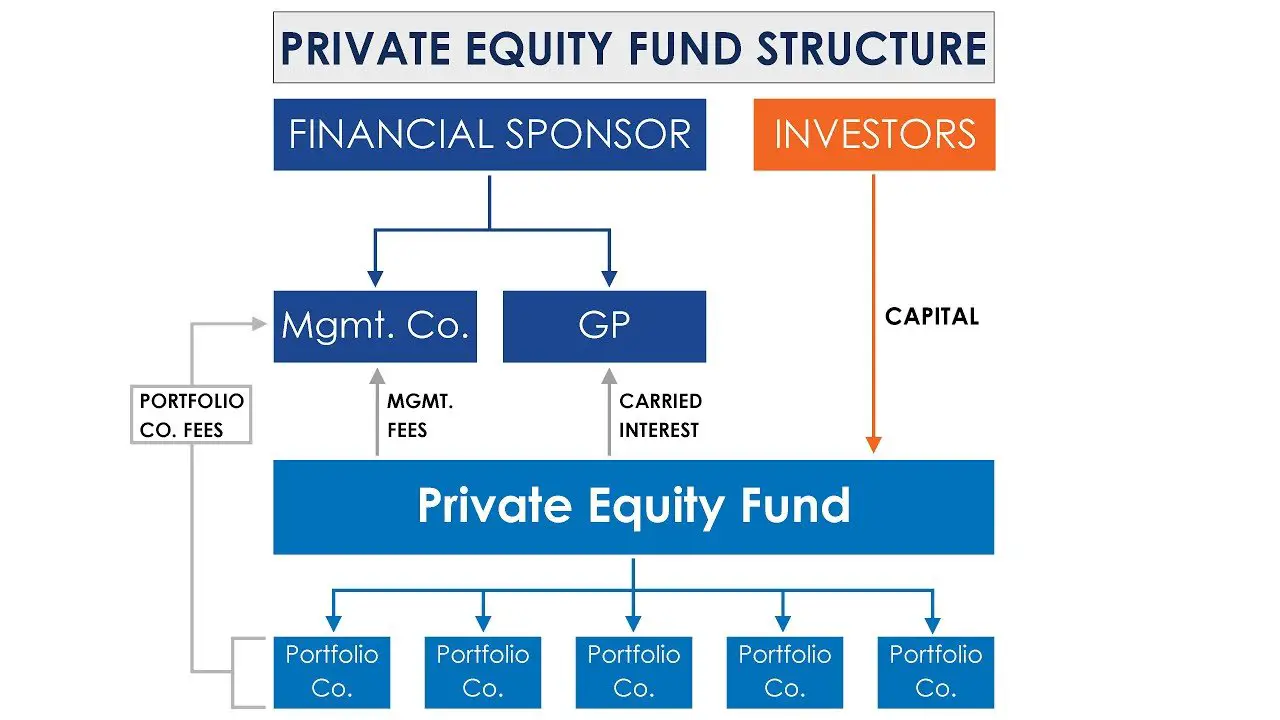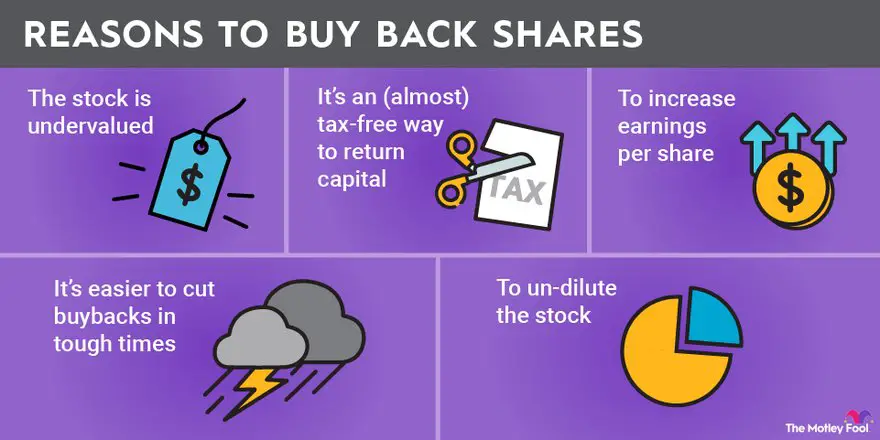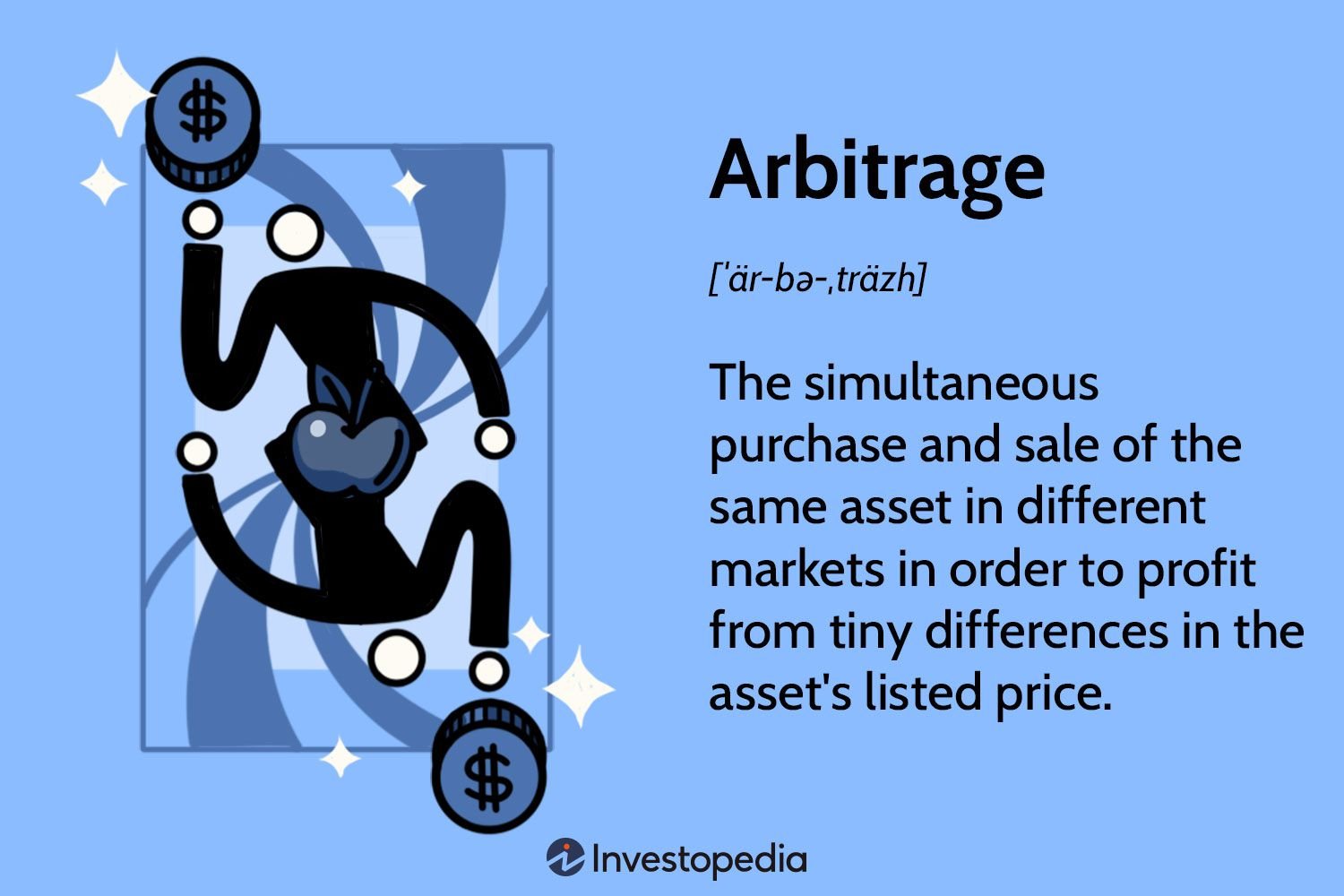Wondering about understanding tax implications for freelancers? Look no further! As a freelancer, it’s crucial to comprehend the ins and outs of taxes to ensure you comply with the law and make the most of your earnings. In this blog article, we’ll dive into the topic of tax implications for freelancers, equipping you with the knowledge you need to navigate this sometimes complex terrain. From deductions and self-employment tax to estimated tax payments, we’ll unravel the mysteries and provide practical solutions to help you stay on top of your freelance finances. Let’s get started!
Understanding Tax Implications for Freelancers
Freelancing offers a wealth of opportunities, allowing individuals to work on their own terms and pursue their passions. However, it also brings with it a unique set of responsibilities, including understanding and managing tax implications. As a freelancer, it is essential to have a clear understanding of your tax obligations and ensure compliance with applicable regulations. In this article, we will delve into the various tax considerations that freelancers should be aware of, helping you navigate the complex world of taxes and maximize your financial well-being.
1. The Basics of Freelancer Taxes
When you work as a freelancer, you are essentially operating as a self-employed individual. Unlike traditional employees, freelancers are not typically subject to tax withholdings by their clients. Instead, you are responsible for tracking your income, expenses, and paying the appropriate taxes directly to the government.
Here are some key points to keep in mind:
- Self-Employment Tax: As a freelancer, you are required to pay both the employer and employee portions of Social Security and Medicare taxes, which make up the self-employment tax. This tax is in addition to your regular income tax.
- Estimated Quarterly Tax Payments: Since freelancers do not have taxes withheld from their income, it is crucial to make estimated quarterly tax payments to avoid penalties and interest. These payments are typically made to the IRS on a quarterly basis.
- Form 1099-MISC: Most clients who pay you more than $600 in a year are required to provide you with a Form 1099-MISC, which reports your income. It is important to keep track of these forms and report your total income accurately.
2. Understanding Income and Expense Reporting
As a freelancer, accurately reporting your income and deducting eligible expenses is vital for managing your tax liability. Let’s explore these two aspects in more detail:
2.1 Reporting Income
Freelance income can come from various sources, such as direct client payments, online marketplaces, or gig platforms. It is essential to keep thorough records of all your earnings to ensure accurate reporting.
Here are some key tips when reporting your freelance income:
- Track All Income: Keep a record of all the payments you receive as a freelancer, including electronic transactions, cash payments, and checks.
- Form 1099-MISC: As mentioned earlier, clients who pay you more than $600 in a year are required to provide you with a Form 1099-MISC. However, even if you earn less than $600 from a particular client, you are still responsible for reporting that income.
- Business Bank Account: Consider opening a separate bank account for your freelance income to simplify income tracking and ensure accurate reporting.
2.2 Deductible Expenses
Deducting eligible business expenses can significantly reduce your taxable income as a freelancer. However, it is crucial to understand what expenses are deductible and maintain proper documentation to support your claims.
Here are some common deductible expenses for freelancers:
- Home Office Expenses: If you use a dedicated space in your home for your freelance work, you may be eligible to deduct expenses such as rent, utilities, and internet fees.
- Office Supplies and Equipment: Any supplies or equipment you purchase for your freelance business, such as software, computers, printers, or even pens and paper, can generally be deducted.
- Professional Services: Fees paid to accountants, attorneys, or other professionals who assist with your freelance business can be deducted.
- Marketing and Advertising: Expenses related to advertising your freelance services, such as website costs, business cards, or online advertisements, are generally deductible.
- Travel and Transportation: If you travel for business purposes, expenses such as airfare, lodging, and meals may be deductible.
3. Self-Employment Tax and Estimated Quarterly Payments
As a freelancer, understanding and managing your self-employment tax obligations is crucial. Let’s take a closer look at these two key aspects:
3.1 Self-Employment Tax
The self-employment tax consists of Social Security and Medicare taxes, which are typically shared between employers and employees in a traditional work arrangement. As a freelancer, you are responsible for paying both portions, which can have a significant impact on your tax liability.
Here are some important details to note:
- Tax Rates: Currently, the self-employment tax rate is set at 15.3% of your net earnings. This rate consists of 12.4% for Social Security tax and 2.9% for Medicare tax.
- Income Thresholds: The Social Security tax is only applicable to earnings up to a certain threshold, which is adjusted annually. For earnings above this threshold, only the Medicare tax applies.
- Schedule SE: To calculate and report your self-employment tax, you must complete Schedule SE (Form 1040).
3.2 Estimated Quarterly Tax Payments
Since freelancers do not have taxes withheld from their income, the IRS requires them to make estimated quarterly tax payments throughout the year. These payments help ensure that freelancers meet their tax obligations and avoid penalties for underpayment.
Here’s what you need to know about estimated quarterly tax payments:
- Payment Deadlines: Estimated tax payments are due on the following dates: April 15th, June 15th, September 15th, and January 15th of the following year. If the scheduled date falls on a weekend or holiday, the deadline is moved to the next business day.
- Calculating Payments: The IRS provides worksheets to help you estimate your quarterly tax payments. These worksheets consider your expected income, deductions, credits, and other relevant factors.
- Payment Methods: You can make your estimated tax payments online, by phone, or through traditional mail. The IRS offers various convenient options to suit your preference.
4. Keeping Impeccable Records
As a freelancer, maintaining organized and accurate records is crucial for tax purposes. By keeping meticulous records, you can easily track your income and expenses, substantiate your claims, and simplify the tax filing process.
Here are some best practices for record-keeping:
- Separate Business and Personal Finances: Maintain separate bank accounts and credit cards for your business expenses to avoid confusion and ensure accurate record-keeping.
- Track Income and Expenses: Use accounting software or spreadsheets to record all income and expenses related to your freelance work. Categorize your expenses appropriately to simplify tax reporting.
- Save Receipts and Invoices: Keep copies of all receipts, invoices, and relevant financial documents. These records serve as evidence when claiming deductions and reporting your income.
- Backup Electronic Records: Make sure to back up your electronic records regularly to prevent data loss. Consider using cloud storage or external hard drives for added security.
5. The Benefits of Working with a Tax Professional
While it is possible to navigate the world of freelancer taxes on your own, working with a tax professional can provide numerous benefits. An experienced tax professional can help you maximize deductions, ensure compliance with tax laws, and potentially identify tax-saving opportunities.
Consider the following advantages of working with a tax professional:
- Expertise and Knowledge: Tax professionals specialize in understanding the complexities of tax regulations. They can help you navigate the ever-changing tax landscape and provide personalized advice based on your unique situation.
- Time and Stress Savings: Hiring a tax professional frees up your time and relieves the stress of managing your taxes independently. This allows you to focus on your freelance work and other aspects of your business.
- Audit Support: If you ever face an IRS audit or have questions regarding your tax return, a tax professional can provide valuable support and representation.
6. Staying Informed and Adapting to Changes
Tax laws and regulations can change over time, so it’s essential for freelancers to stay informed about any updates that may affect their tax obligations. By staying current with the latest tax developments, you can adapt your practices and take advantage of any new opportunities.
Here are some ways to stay informed:
- IRS Resources: The Internal Revenue Service (IRS) provides extensive resources on their website, including publications, forms, and updates on tax-related topics.
- Tax Newsletters and Blogs: Subscribe to reputable tax newsletters or follow tax-related blogs to receive regular updates and expert insights.
- Professional Associations and Networks: Joining professional associations or networks specific to your freelance industry can provide valuable resources and access to relevant tax information.
By staying informed and adapting to changes, you can ensure that your freelance tax practices remain accurate, compliant, and beneficial to your financial well-being.
Freelance Taxes: How to Pay Freelance Taxes//Self Employment Tax Tips for Freelancers
Frequently Asked Questions
Frequently Asked Questions (FAQs)
What are the tax implications for freelancers?
Freelancers are responsible for paying their own taxes as they are considered self-employed. This means they must pay self-employment tax, which includes Medicare and Social Security taxes. Additionally, freelancers need to report their income and expenses on their tax returns.
Do I need to register as self-employed for tax purposes?
Yes, if you are working as a freelancer, you need to register as self-employed for tax purposes. This involves obtaining an Employer Identification Number (EIN) from the IRS and filing the necessary forms to report your self-employment income.
What expenses can I deduct as a freelancer?
As a freelancer, you can deduct various business-related expenses. These may include office supplies, equipment, software, marketing expenses, travel expenses, and a portion of your home office expenses. It is important to keep proper documentation and receipts to support your deductions.
How do I track my income and expenses as a freelancer?
To accurately track your income and expenses as a freelancer, it is recommended to use accounting software or online platforms specifically designed for freelancers. These tools can help you categorize your income and expenses, generate reports, and simplify the tax filing process.
Are there any tax benefits for freelancers?
Yes, freelancers can take advantage of certain tax benefits. For example, they may be eligible for the home office deduction, which allows them to deduct a portion of their rent or mortgage for their workspace. Freelancers can also contribute to tax-advantaged retirement accounts, such as a Simplified Employee Pension (SEP) IRA or a solo 401(k).
When do I need to pay estimated taxes as a freelancer?
As a freelancer, you are required to make quarterly estimated tax payments if you expect to owe $1,000 or more in taxes for the year. These payments are due on specific dates throughout the year, and failure to make them may result in penalties and interest.
How can I minimize my tax liability as a freelancer?
To minimize your tax liability as a freelancer, it is important to keep track of your deductible expenses, maximize your eligible deductions, and take advantage of any tax credits available to you. Consulting with a tax professional can also help you identify additional strategies to reduce your tax burden.
What are the consequences of not paying taxes as a freelancer?
Failing to pay taxes as a freelancer can result in penalties and interest charges from the IRS. Additionally, if you consistently neglect your tax obligations, the IRS may take more severe actions, such as placing tax liens on your assets or pursuing legal action against you. It is crucial to fulfill your tax responsibilities to avoid these consequences.
Final Thoughts
Understanding tax implications for freelancers is crucial for managing their finances effectively. Freelancers need to be aware of their tax obligations, such as income tax, self-employment tax, and estimated tax payments. Keeping detailed records of income and expenses is essential to accurately calculate taxable income. Additionally, freelancers should consider taking advantage of deductible expenses to minimize their tax liability. Seeking professional advice from a tax accountant can provide valuable insights and ensure compliance with tax laws. By understanding tax implications for freelancers, they can stay organized, avoid unnecessary penalties, and make informed financial decisions.



